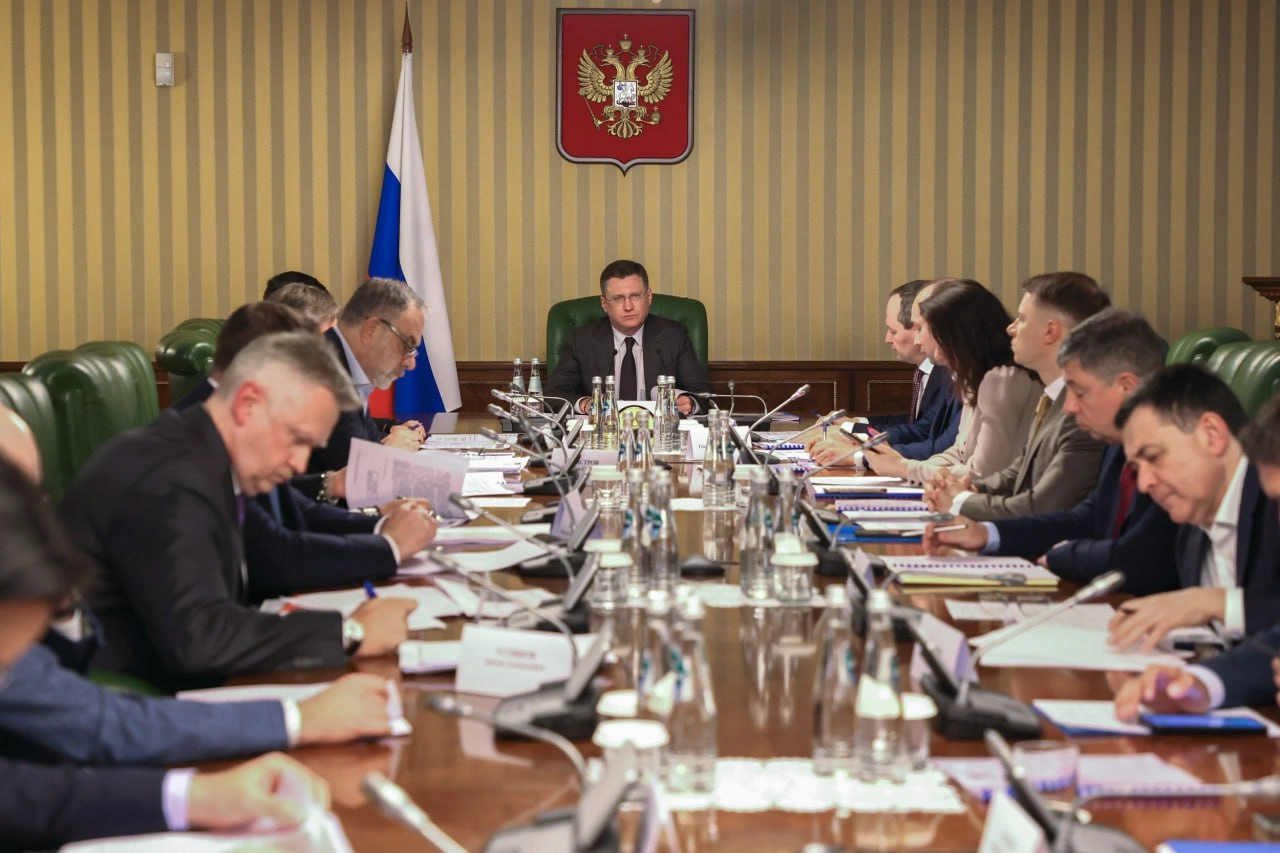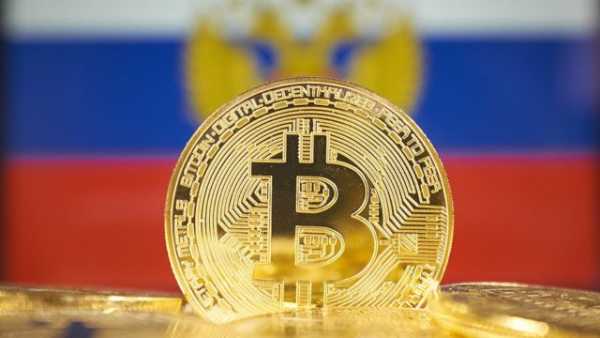Russia Moves to Ease Cryptocurrency Mining Bans Over Tax Revenue Concerns

Russia's executive authorities have temporarily suspended the expansion of a ban on cryptocurrency mining that could have added several more regions to the already significant list of territories where the activity is strictly regulated.
On Thursday, the Moscow government cancelled or postponed initiatives to limit electricity consumption by bitcoin miners in regions from the Finnish border to Lake Baikal, citing expected declines in tax and energy revenues as the main reason for the change in course.
Russian authorities abandon ban on cryptocurrency mining
The Russian government has decided not to impose restrictions on cryptocurrency mining in more regions, putting on hold a planned expansion of the ban that has already affected about a dozen federal subjects.
The change in position took place at a meeting of the government commission on the development of electric power industry, headed by Deputy Prime Minister Alexander Novak, and was announced in a message on the Cabinet of Ministers' Telegram channel on June 5.
According to a press release, participants discussed requests from authorities in several Russian regions for permission to stop mining operations, which local authorities often blame for power shortages and outages.
 Meeting of the commission on development of electric power industry. Source: Government of the Russian Federation
Meeting of the commission on development of electric power industry. Source: Government of the Russian Federation
The Commission declined to impose a ban on cryptominers in the Republic of Khakassia, noting the lack of adequate forecasts for electricity and generating capacity shortages in the region, as well as a decline in tax revenues and distribution income.
During the meeting, proposals to limit mineral extraction presented by the heads of government of the Russian Federation regions of Karelia, located in the northwest, and Penza Oblast, located approximately 600 km southeast of Moscow, were withdrawn.
In addition, federal authorities decided to postpone for two months the consideration of petitions for a year-round ban on coin minting in the Zabaikalsky Krai, which is located in the Russian Far East, also known as Transbaikalia, and the neighboring Republic of Buryatia.
The Russian government stated that it “takes into account the need to assess lost income in the electric grid complex” and develop a mechanism for redistributing electricity released by miners “in favor of socially significant consumers in regions with energy deficits.”
Russia seeks to relocate miners to regions with abundant energy resources
Despite its reluctance to allow Bitcoin and similar currencies to circulate freely in its economy, the Russian Federation has recently shown some flexibility regarding cryptocurrencies. For example, in late May, the Bank of Russia allowed investments in crypto derivatives.
Mining became the first major cryptocurrency activity to receive full regulatory recognition after it was legalized last year. Miners can now legally produce digital coins by registering with the Federal Tax Service (FTS) and paying taxes.
However, the continued expansion of cryptocurrency mining operations, both at large Bitcoin farms and in private basements and garages, has become a source of problems for authorities in some regions of the country, such as the Irkutsk region, which attracts miners with low electricity rates.
The Russian government is currently considering options to encourage mining companies to move to regions with excess energy and idle infrastructure, including offers to supply fuel it cannot sell to Europe because of Western sanctions related to the war in Ukraine.
At the meeting of the commission on electric power the following recommendations were made:
“The Ministry of Energy and the Federal Antimonopoly Service, together with energy companies, also need to consider economic incentives to attract mining companies to regions with excess electricity and capacity.”
Almost a dozen Russian regions have imposed permanent bans on mining operations until mid-March 2031, after some had previously only introduced seasonal restrictions during peak winter electricity demand.
The affected areas include the southern part of the Irkutsk region, the republics of Dagestan, Ingushetia, Kabardino-Balkaria, Karachay-Cherkessia, North Ossetia and Chechnya, as well as the occupied areas of the Ukrainian regions of Donetsk, Luhansk, Zaporozhye and Kherson.
Source: cryptonews.net



